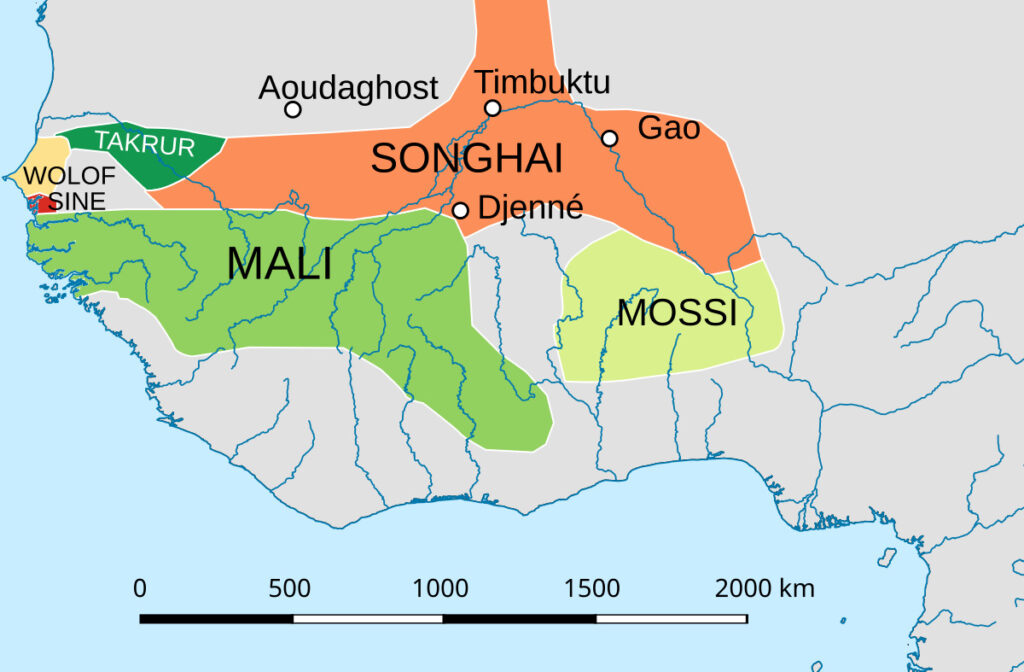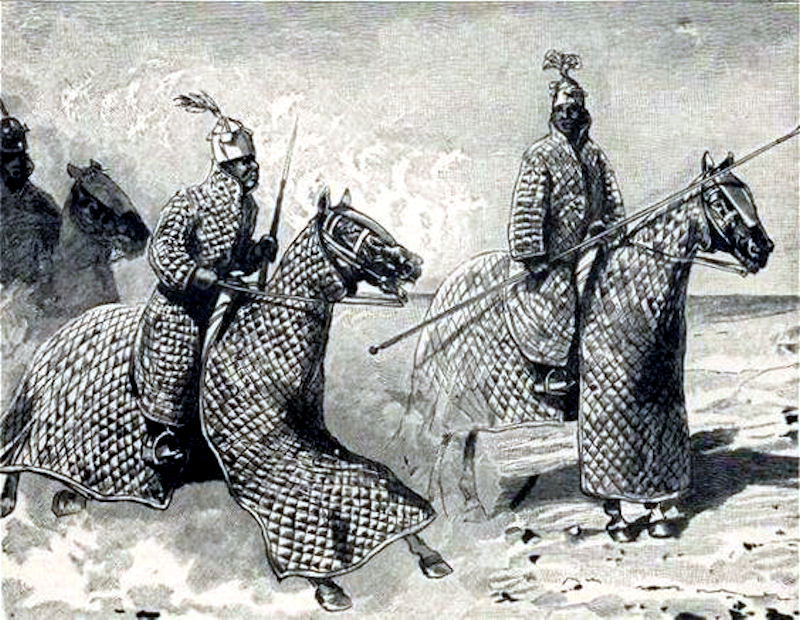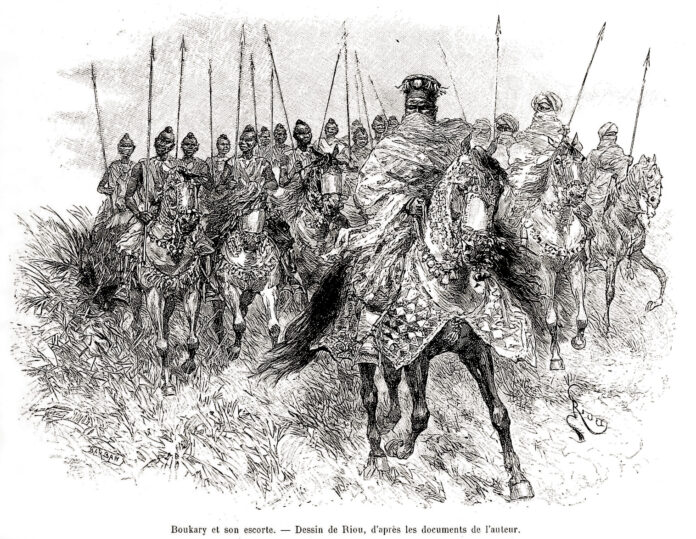In the heart of West Africa, long before Burkina Faso bore its modern name, a powerful civilization rose from the grasslands — the Mossi Kingdoms. For centuries, these states not only held their ground against the tide of invading empires but also resisted religious conversion and colonial domination in ways that surprised even their most determined rivals. Their story is one of resilience, strategy, and a proud defense of identity.

The Mossi Kingdoms were not a single monarchy but a federation of states, including Ouagadougou, Yatenga, and Tenkodogo, all ruled by the Moro Naba (“Great King”). Oral history traces their origin to the 11th century, when a Dagomba princess from present-day Ghana married a Mandé hunter. Their union produced a dynasty that carved out a vast territory, commanding respect across the Sahel. Unlike many African kingdoms of their time, the Mossi relied on a decentralized system, allowing local chiefs autonomy while rallying under the Moro Naba during war — a structure that made them remarkably hard to conquer.
When the Mali Empire expanded under the banner of Islam in the 13th and 14th centuries, the Mossi were a glaring exception. While much of the Sahel embraced Islam through trade and diplomacy, the Mossi firmly held on to their traditional religion. In a twist of strategy, they maintained diplomatic ties with Islamic states yet refused mass conversion. They understood that religious autonomy was political autonomy — and converting would have meant surrendering part of their sovereignty to outside powers.
This defiance wasn’t just theological. The Mossi waged audacious raids deep into Mali territory, even striking Timbuktu at the height of its golden age. These incursions were so bold that Islamic chroniclers noted their “unshakable devotion to their own gods.” Ironically, while the Mossi resisted Islam, they welcomed Muslim traders, creating a cultural blend where markets bustled with Arabic scripts, yet royal rituals honored ancestral spirits.

By the late 19th century, a new threat emerged: French colonial forces. The Mossi, led by Moro Naba Wobgho, refused protectorate treaties and mobilized their cavalry to defend Ouagadougou. Even after French troops captured the capital in 1896, the Mossi elite negotiated terms that allowed the Moro Naba to retain symbolic authority — a rare concession in French West Africa. This meant that, unlike in many other colonies, traditional governance structures remained intact well into the colonial period.
One lesser-known fact is that the French actually relied on Mossi chiefs to help administer parts of Upper Volta (as Burkina Faso was called), believing it was easier to rule “through” them than against them. This arrangement preserved elements of Mossi culture and political hierarchy long after colonial rule ended in 1960.
Today, the Mossi people remain the largest ethnic group in Burkina Faso, and the Moro Naba still holds a respected ceremonial role in Ouagadougou. Every Friday morning, a centuries-old ritual known as the “Moro Naba Ceremony” reenacts the king’s symbolic decision to go to war — a living reminder of the defiance that once held off empires and colonizers alike.

